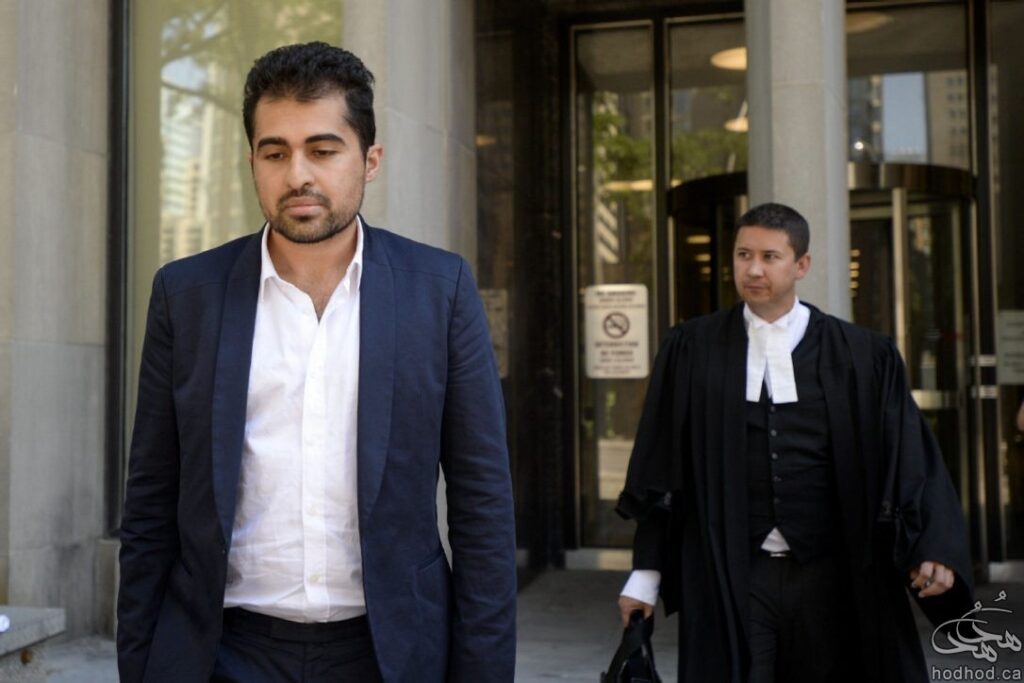Lawyers for a Toronto man found guilty of sexual assault are arguing he deserves a new trial because the judge who oversaw his case was allegedly biased against him.
Mustafa Ururyar is appealing his July 2016 conviction in the sexual assault of Mandi Gray, a fellow PhD student at York University with whom he had a casual relationship.
His appeal, which was being heard in a Toronto court Tuesday, also challenges an order that he give Gray — who has waived the standard publication ban on the identity of complainants in sexual assault cases —$8,000 to help cover her legal fees.
In court documents filed ahead of the hearing, Ururyar’s lawyers allege the trial judge “displayed a reasonable apprehension of bias in favour of the complainant,” saying Justice Marvin Zuker had decided on a sentence before hearing submissions on the matter.
The Crown, meanwhile, says the defence had no complaints about the judge’s behaviour during the trial and only raised concerns about a possible bias once their client was found guilty.
Before the hearing began, Gray said she wouldn’t participate in a new trial if one was ordered for Ururyar.
“It’s not worth it. I don’t have another two years to take off of my life to be doing this,” she said outside court. “I just don’t have the capacity to continue.”
In his ruling, Zuker spoke out against what he called “the myths of rape,” specifically stereotypes that affect how those who experience sexual assault are perceived.
Ururyar’s lawyers say those comments indicate a lack of objectivity from the judge.
“He assumed the role of advocate, witness and judge and turned the appellant’s sexual assault trial into a scathing rebuke of how the trial courts treat complainants in sexual assault prosecutions and so called ‘rape myths,”‘ they argue in the documents.
Zuker’s comments were largely based on academic texts that were not opened to submissions and that served to “explain away some of the arguments made that the complainant’s evidence was not credible,” Ururyar’s lawyers argue.
They also point to the judge’s decision to revoke Ururyar’s bail pending sentencing and to hand down the strictest possible sentence — 18 months behind bars with three years probation — as signs of bias, noting Zuker made the ruling immediately after hearing sentencing submissions.


